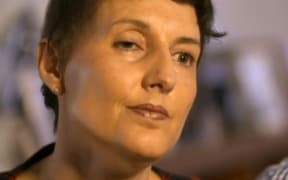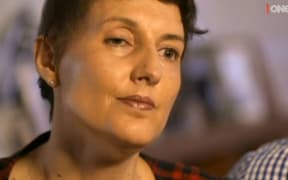Compassion for a terminally ill woman wanting to die with her doctor's help should not cloak the dangers of what she is asking for, a court has been told.
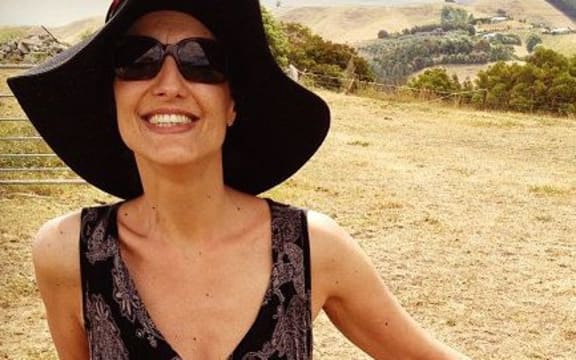
Lecretia Seales Photo: SUPPLIED
Lecretia Seales is asking the High Court at Wellington to allow her doctor to to help her die, without being prosecuted for doing so.
Ms Seales appeared in court to hear the final arguments this afternoon.
She has been told she has only weeks - a few months at the most - to live. She attended the first day of the hearing on and off but did not make it yesterday or for today's earlier sessions.
Ms Seales, 42, has terminal brain cancer and her statement of claim argues if a doctor cannot lawfully help her die, then she will face a choice between taking her own life, or suffering a slow and painful death.
She has said she has no interest in the case becoming a wider end-of-life debate.
But Victoria Casey, lawyer for anti assisted dying and euthanasia group the Care Alliance, today told the court the disabled and elderly would be at risk if the court agreed to Ms Seales' request.
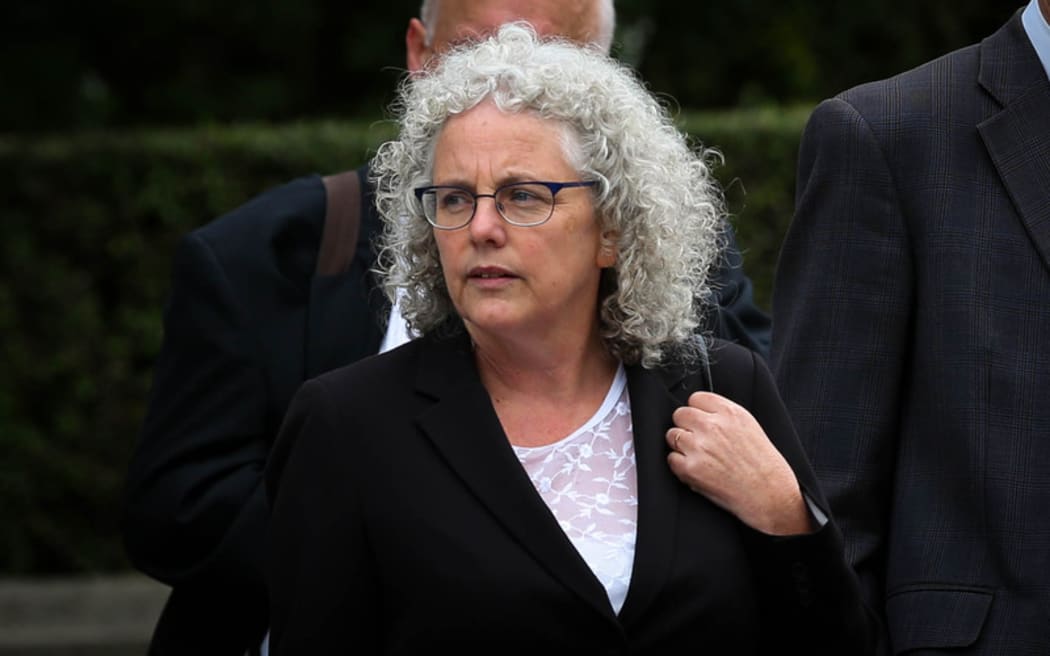
Victoria Casey Photo: RNZ / Alexander Robertson
That was because it would effectively legalise assisted dying on demand, and only those who lacked legal capacity would be prevented from asking the court to apply it to them.
It was impossible to tell where the line would be drawn, Ms Casey said.
Ms Seales' legal team had said she was not vulnerable because she was intelligent and determined - but that description also applied to many others with life-limiting illnesses or disabilities.
Ms Casey said compassion for Ms Seales should not cloak the dangers what she was asking for posed to other people.
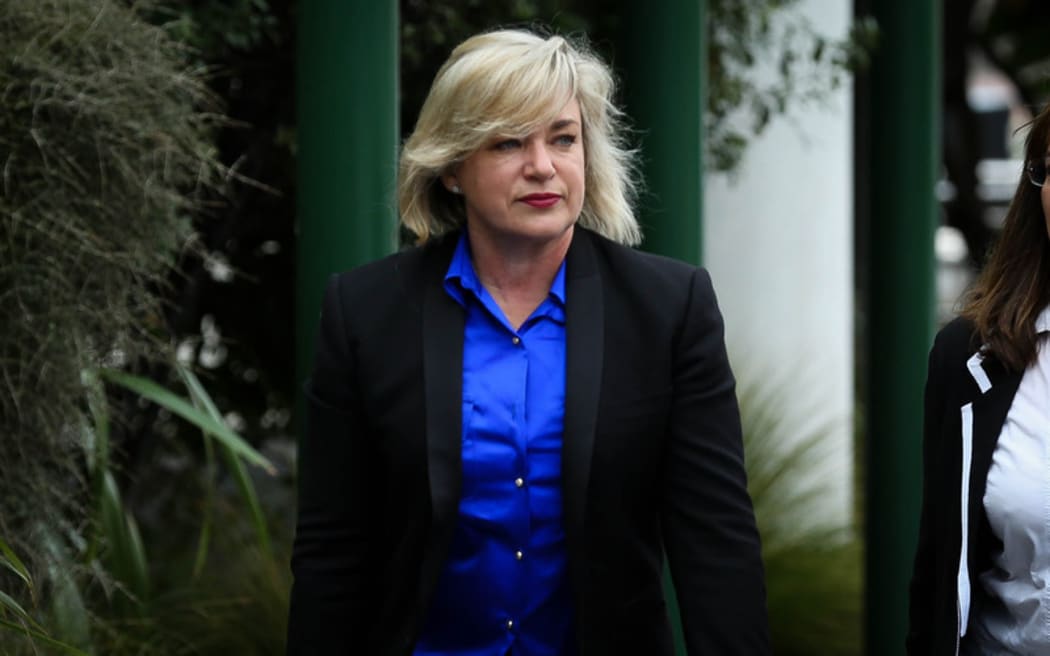
Voluntary Euthanasia Society lawyer Kate Davenport, QC Photo: RNZ / Alexander Robertson
But Voluntary Euthanasia Society lawyer Kate Davenport, QC, said the case was only about Ms Seales, and it was about her wanting to receive treatment which would relieve at least one aspect of her suffering.
"What she [the doctor] is contemplating is that she is going to prescribe medication ... for the purpose of relieving her suffering," she said.
Whether or not Ms Seales took the medication was up to her, Ms Davenport said.
Critical to the case was whether the doctor writing that prescription counted as treatment; a patient' quality of life and dignity were the primary concerns of a medical practitioner, and those concerns applied whether it was to prolong life or hasten death.
Ms Davenport said it would be hard to argue a doctor writing a prescription counted as assault, especially if it was done to treat and relieve suffering.
Crown lawyer Professor Paul Rishworth, QC, today told the court the moral argument also had to be considered; other people would follow suit and would perhaps feel pressured to end their lives.
"Although some will say they're not vulnerable, their motivation is to relieve the burden on others," he said.
Prof Rishworth said data from Oregon, in the United States, showed 40 percent of those who wanted to die using its Dignity in Dying law said they were motivated by not wanting to be a burden, while just 33 percent were motivated by pain.

Crown lawyer Professor Paul Rishworth, QC Photo: RNZ / Alexander Robertson
Dr Matthew Palmer, appearing for the Human Rights Commission, said it took a neutral position on whether the law could be interpreted in the way Ms Seales wanted.
However, it believed the court had the jurisdiction to make the finding in her favour, if that was how it ruled.
Solicitor-General Michael Heron, QC, started presenting the Crown's case yesterday, saying New Zealand's constitution was such that it was Parliament and not the court who must decide such a thing.
Prof Rishworth today outlined similar cases to Ms Seales' overseas which had run into problems.
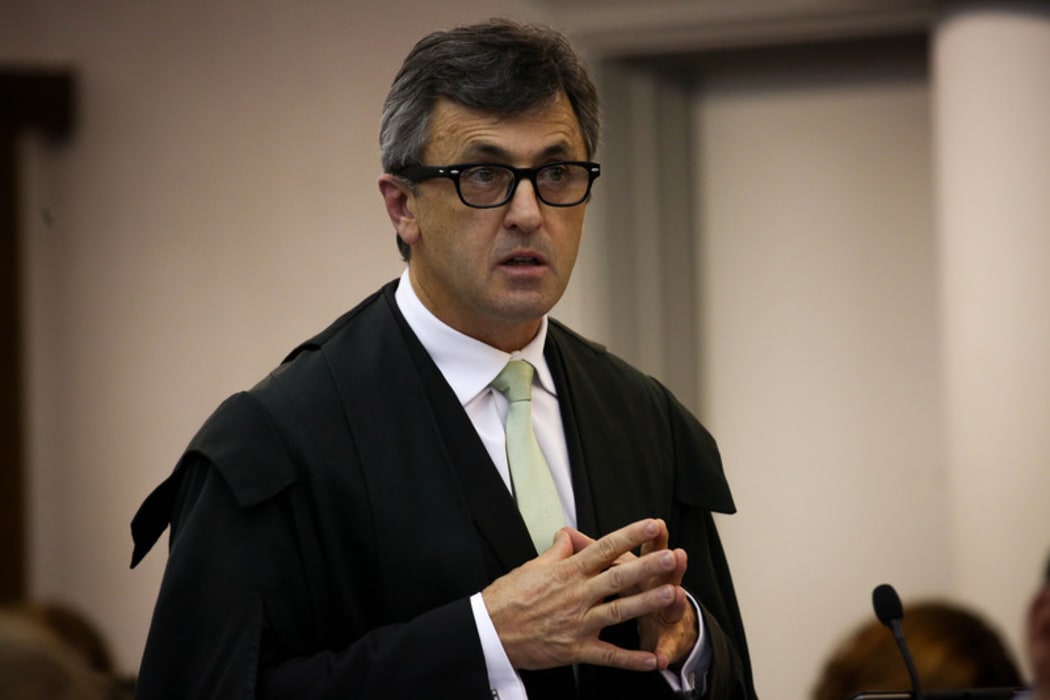
Solicitor-General Michael Heron, QC Photo: RNZ / Alexander Robertson
One is in New Mexico, in the United States, where a woman with uterine cancer in remission last year won support from a district court for the right to end her life with a doctor's help, should it return.
However, the Attorney-General there disagreed with the ruling and earlier this year fought it in their Court of Appeal. A decision is yet to be made.
The second case Prof Rishworth has highlighted is in Montana, also in the US, where in 2009 a 75-year-old man with lymphocytic leukemia won a lower court case for the right to die with his doctor's help. He died the day the court issued its decision.
The case was appealed to the Supreme Court, which found the consent of a terminally ill, competent adult protected a doctor who helped them die from prosecution.
Justice Collins has reserved his decision but said he would endeavour to make a quick finding given Ms Seales' rapidly declining health.
